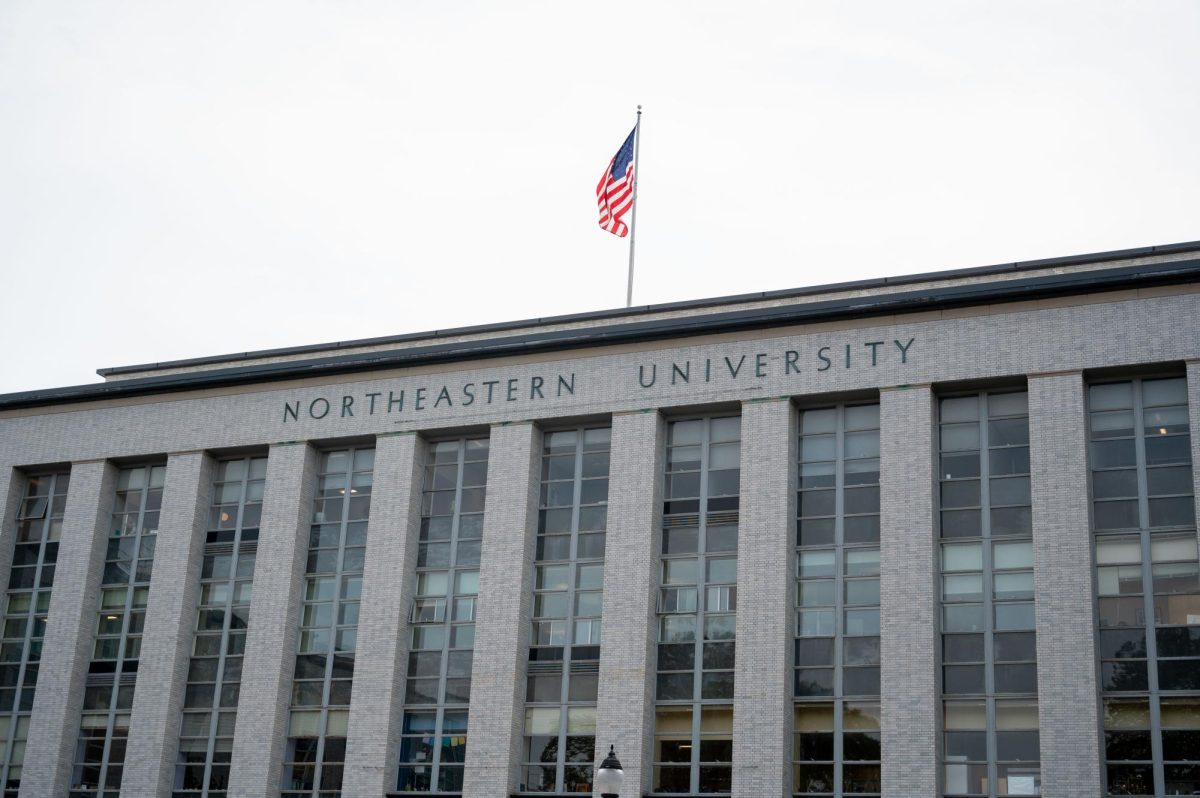By Sarah Metcalf
Meningitis, a disease which infects spinal fluid and the covering of the brain, is a feared health problem on college campuses. Once a college student is diagnosed, doctors and health officials often scramble to prevent spreading in the close living quarters that are found on many campuses.
Rumors around Northeastern’s campus speculated that there had been recent cases of meningitis, a notion that Dr. David McBride, physician at the Lane Health Center, said was partially true.
“A bit more than two weeks ago, we had someone come in [to the health center] with all the symptoms consistent with meningitis,” said McBride. “We sent them to the hospital, and it turned out that she did not have the swelling around the brain and spine associated with bacterial meningitis, but she did have viral meningitis.”
McBride also said they did not hear from the student again, and there was no need to notify anyone who had been in close contact with her to try to prevent spreading. Since then, there have been no cases of viral or bacterial meningitis reported.
There are two kinds of meningitis which are often confused with one another. The first, and less dangerous type, is the viral form. Although still contagious, this type of the infection is not commonly associated with the severe effects that often accompany the other kind of meningitis — the bacterial form, also known as meningococcal meningitis.
Viral meningitis is less dangerous than the bacterial form, which often results in emergency trips to the hospital and can cause blindness, loss of limbs and death.
“Bacterial meningitis infections occur in the lining around the brain and spinal cord,” McBride said. “The reason it is so feared is because it can carry serious neurological complications, resulting sometimes in patients ending up in intensive care. But that’s bacterial meningitis, and there have been no cases reported on campus.”
The symptoms of the infection may appear suddenly and can include fever, severe headaches, nausea, vomiting and rash, among others, according to a handout by the Massachusetts Department of Public Health.
There is a vaccine to prevent the contraction of the disease. This shot is being administered to mostly college-age students before they begin living in dormitory-style housing, which has more opportunity for communicable diseases to thrive.
In Mass., the vaccine is strongly recommended, but not required for college students.
Megan Koffsky, a freshman communications major, said the vaccine is a good idea, although she does not think meningitis poses a real threat to Northeastern students on campus.
When a student is infected with bacterial meningitis, the university must take precautions to prevent any further spread.
“The university notifies people who have been in close contact with the patient. In general, this includes family members, roommates and close friends,” McBride said. “If they develop any symptoms, we suggest they seek treatment immediately. We also offer a single dose of Ciprofloxacin to try to prevent the infection.”
McBride also said that the people who are at risk for infection are the only people notified if someone does come down with a bacterial case of meningitis.
“In general, it gets around campus. It’s not our intention, but it often happens. However, the student body and administration are not routinely made aware because they’re not in close contact,” McBride said. “People who are sitting across from someone in class who is affected are not at risk, thus they are not notified.”
Although the university does not consider meningitis to be a problem at the moment, a campus-wide immunization opportunity is being presented for anyone on campus who wishes to receive vaccines for meningitis and influenza, commonly known as the flu.
The vaccinations are available Nov. 13 in the Curry Student Center Ballroom from 1-7 p.m. The meningitis shot costs $90, while the flu shot is $20.









